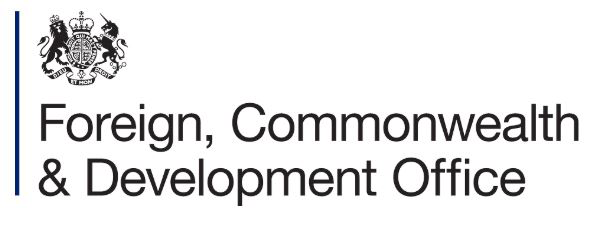Content area
Full text
No. 393 Sir O. Harvey (Paris) to Mr. Eden (Received 5 November) No. 505 [WF 1023/10]
Confidential
PARIS, 3 November 1951
Sir,
It is some time since this Embassy furnished your department with a general review of French foreign policy though its different aspects have been fully treated in separate despatches. This may be a convenient occasion for a general review of the field.
2. The first essential point to be borne in mind is that France is primarily a western European country. Her interests are not of course confined to Europe. Her commitment in Indo-China is a major factor in her policy, and so is her situation in Africa. But in the end it is the position beyond France's eastern frontier that is the deciding factor in her foreign policy.
3. Traditionally the eastern frontier means Germany. This tradition dies hard, and many Frenchmen still think instinctively of the eastern frontier in German terms. But Germany is not now France's only eastern neighbour. The Iron Curtain is less than 150 miles from the nearest point in France. Traditionally France has relied on eastern European states to contain Germany, on the Ottoman Empire and the Czarist Empire in their turn and when they successively collapsed on the fragile Powers of the Little Entente and Poland. But the advance of Russia across Europe and the enfeeblement of Germany made this policy out of date, and though it survives in popular sentiment those Frenchmen who really think about foreign policy have realised that it must be replaced by something else.
4. The alternative policy is of course the organisation of Europe. Though the term ' Europe' is much used in this context what is really meant is western Europe, practically speaking France, the Low Countries, Italy and as much of Germany as circumstances permit. The area to be organised has not been deliberately confined to these countries, which are only chosen because no one else seems likely to come in (except for Spain whose presence is for political reasons considered undesirable). Various other formulae were tried first, e.g. the Brussels Treaty and the Council of Europe in its Strasbourg form. But it has gradually become apparent that the grouping embodied in...





